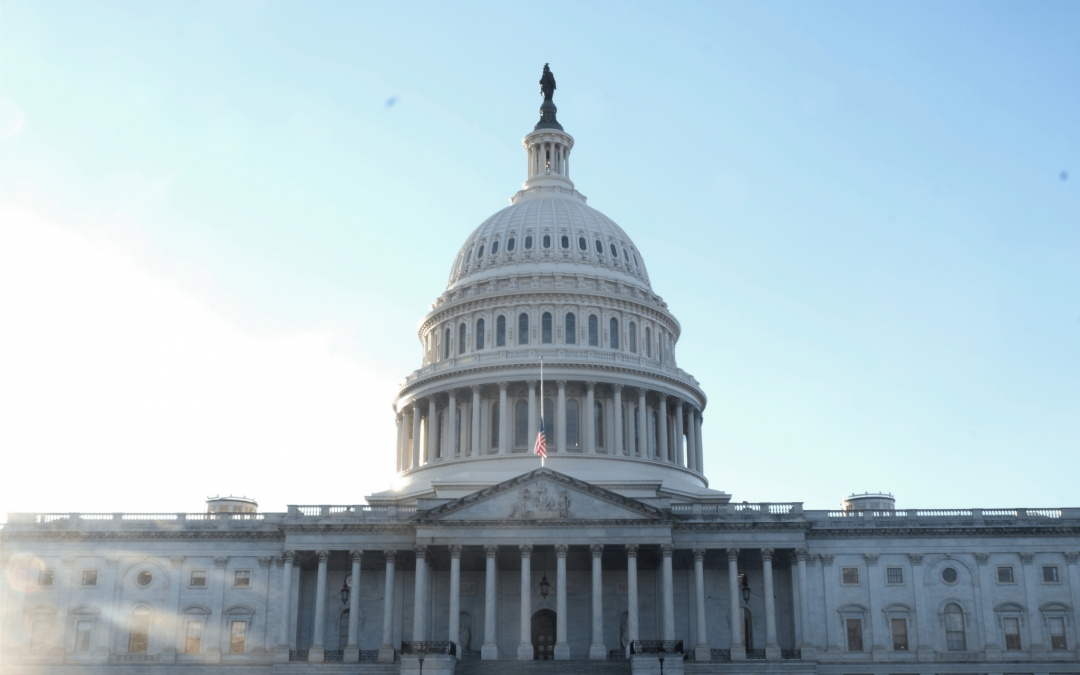WASHINGTON – Supporters of the Laken Riley Act believe it would make Americans safer by detaining undocumented immigrants charged with crimes. But immigration experts cautioned that the legislation could have many unintended consequences including overburdening law enforcement and filling detention centers. They also fear it would increase racial profiling that would hurt legal immigrants and citizens as well as undocumented migrants.
“If it could be enforced in an equitable way, it’d be fine, but it can’t. It’s not going to be enforced in an equitable way,” said Dr. Robert Ponichtera, executive director of Liberty’s Promise, a program that works with low-income immigrant youth. “There could be a lot of people who are going to be arrested or harassed because of their last name and the color of their skin.”
The Laken Riley Act passed the House 264-159 earlier this month and appears to be speeding through the new Congress with bipartisan support.
The bill is named after 22-year-old nursing student Laken Riley, who was murdered on the University of Georgia’s campus last February. Undocumented Venezuelan migrant Jose Ibarra was found guilty of Riley’s murder and other charges in the event of her death.
Sen. Katie Britt (R-Ala.), who introduced the legislation, blamed Riley’s murder on Biden-Harris’ “open-border policies.”
“Had this bill been in law, Laken Riley would still be with us today,” Britt said in a press conference Tuesday.
The legislation would mandate two changes to current immigration enforcement policy. First, it would require the Department of Homeland Security to detain undocumented migrants if they are charged with, arrested or accused of crimes such as burglary, theft, larceny or shoplifting. Second, the bill grants state officials the power to sue the federal government over immigration enforcement decisions that cause financial harm exceeding $100. States could sue over actions like releasing non-U.S. nationals from custody or failing to properly conduct asylum interviews. The bill could also force the State Department to refuse visas from countries that won’t allow deported individuals back in.
Sen. John Fetterman (D-Pa.) and Sen. Ruben Gallego (D-Az.) co-sponsored the bill, and several Democratic senators signaled their willingness to cross party lines on the measure. It was not yet clear when the Senate would vote on the bill.
“Making it easier to remove undocumented immigrants who commit crimes from our country is a basic first step,” Sen. Maggie Hassan (D-N.H.), who serves on the Homeland Security Committee, said in a statement. “Keeping our communities safe requires stronger security at the Northern and Southern borders, as well as comprehensive, bipartisan immigration reform.”
However, legal experts warned that the bill’s mandatory detention provisions could raise constitutional concerns.
American University Washington College of Law’s Professor and Director of the Immigrant Justice Clinic Jayesh Rathod said the bill complicates the rights given to everyone in America before denying their freedom.
“One of the most controversial aspects of the [bill] is that it allows for the detention of non-citizens who have simply been charged with certain crimes… whether that charge is based on accurate facts or not. And that is unprecedented in immigration law,” he said.
If passed, the law would override the discretion offered to immigration officials to detain or not to detain. Rathod explained that under this legislation, Immigration and Customs Enforcement (ICE) officials would immediately take undocumented migrants into custody instead of allowing them to proceed to criminal court.
University of San Francisco Professor of Politics Marco Durazo expressed concern that this law would do the opposite of what he believes it intended. Rather than making Americans safer, it would make them less safe by occupying law enforcement with petty crimes instead of allowing them to focus on the big ones.
“We have this one isolated, horrific situation…and what I’m hearing different folks say is that we want to do this to be safer, but the ultimate irony is that we’re going to be less safe because we’re going to criminalize low-level transgressions,” Durazo said.
Durazo said that such backward policies will produce backward results.
He said there is no association between minor transgressions, included in the bill, and an increased propensity for migrants to engage in serious misconduct like murder. He believes it is not productive to fill detention centers with migrants being “stripped away of their due process.” He conceded that those with felony convictions “should not be in the country.”
Liberty’s Promise is a program designed to help low-income, immigrant youth at 28 schools in the D.C., Maryland and Virginia area. Program alumni have become doctors, attorneys, actors and a professional wrestler.
Ponichtera said some of the youth in his program are concerned about what might happen to their family or friends if they’re in the wrong place at the wrong time.
He would rather educate than incarcerate immigrants.
“The best approach is to introduce [migrants] to our political systems and our civic way of life and our social systems. These are folks that want to be here,” Ponichtera said. “The best way to acculturate those folks is through civic education to the point where they feel like they can succeed just like anyone else.”

